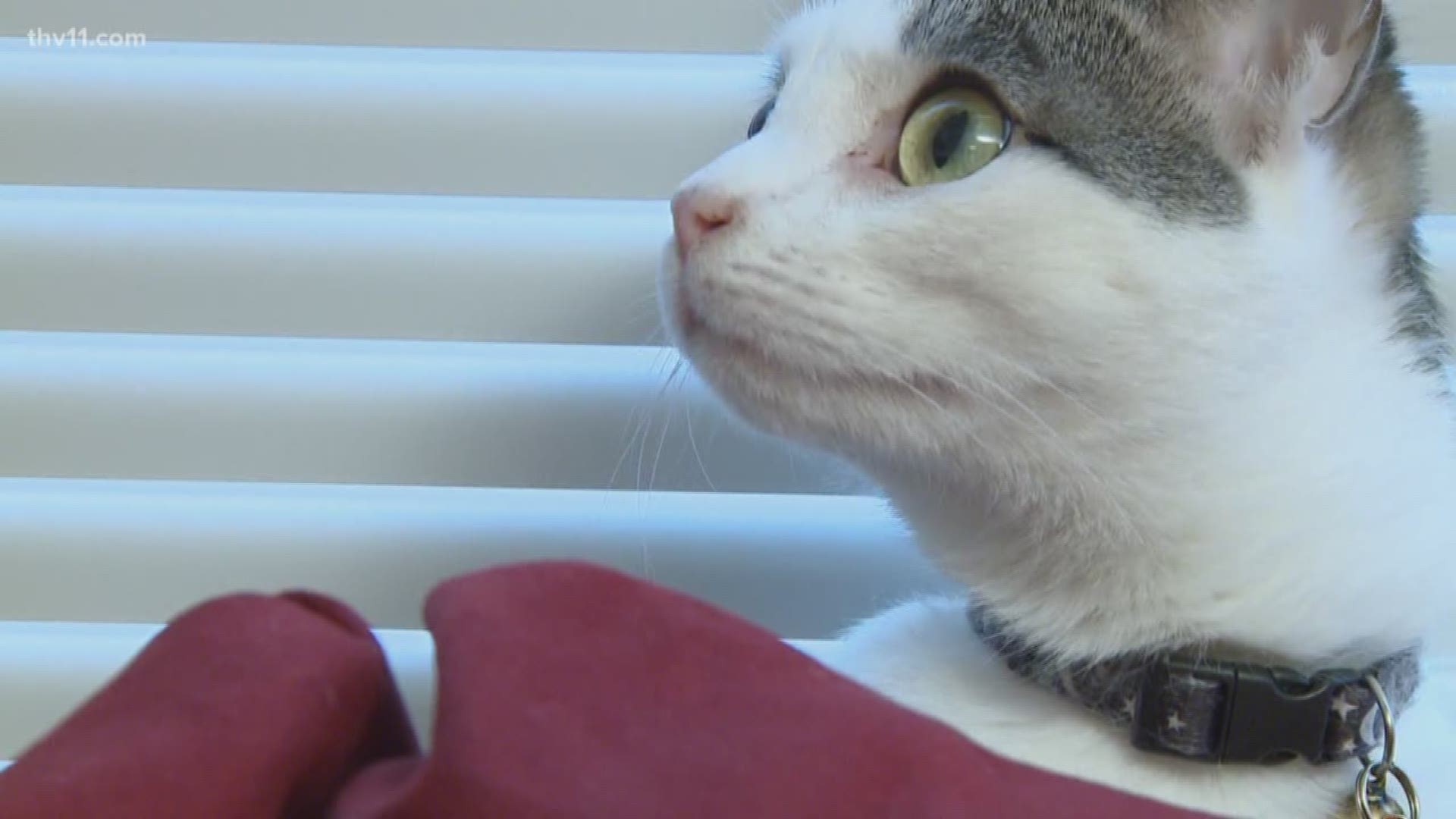LITTLE ROCK, Ark. (KTHV) - A viral post making the rounds on social media warns essential oils are harmful to cats. These oils are found in plug-in diffusers, humidifiers, even candles. It started on Facebook with a Michigan woman's post.
It's since been deleted but the woman claimed she unknowingly poisoned her cat because she herself was using a diffuser in her home with eucalyptus oil, all to alleviate her head cold. Her post quickly spread, leading pet owners to question whether essential oils and diffusers are harmful to pets.
To get answers, we consulted multiple sources; Dr. Bob Hale, CARE for Animals Executive Director Ashley Younger and the American Society for the Prevention of Cruelty to Animals.
"It's true, cats are very sensitive animals," said Dr. Hale with the Briarwood Animal Hospital.
He verified that essential oils indeed can be dangerous to cats.
“It’s just their genetics," Hale said. "They're tough little critters but they are very sensitive to the things outside of the environment."
"I think the biggest thing is being mindful of the animals in your home," Younger said.
She directs the nonprofit CARE for Animals and is responsible for placing pets in safe foster homes. She was also concerned about essential oils.
"My understanding is that cats are not able to metabolize these products so that's what creates a greater toxic risk to those pets," she added.
The ASPCA also weighed in, and on its website said: "Essential oils can absolutely be a danger for pets."
"It's anything that can make these oils volatile, that put them in the air. Whether that's a candle, an electric diffuser plugged into the wall anything that puts them in the air is what we're talking about," Dr. Hale said.
He added before you throw out your diffuser and oils, small amounts in a well-ventilated home, especially in an area where pets may not have access are likely okay. But, if you do choose to use diffused essential oils, do it with caution.
"I would say that they are dangerous to cats and I'm not sure I would use it in my house if I had kitty cats," Dr. Hale said.
"I just think better safe than sorry. Curiosity killed the cat but you sure don't want a household product to do that if it's something that's easily avoidable," Younger said.

